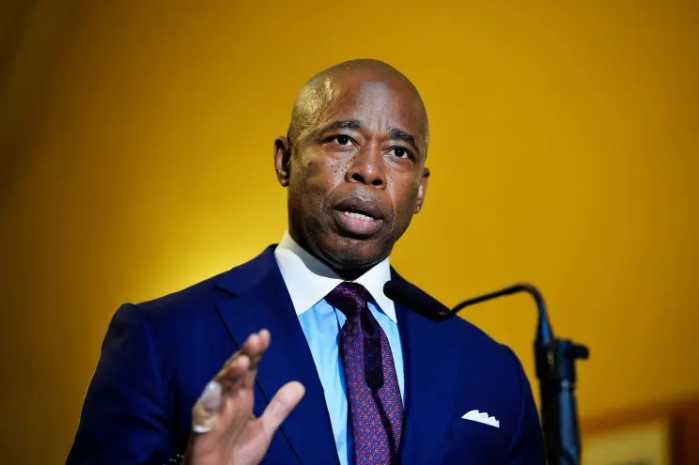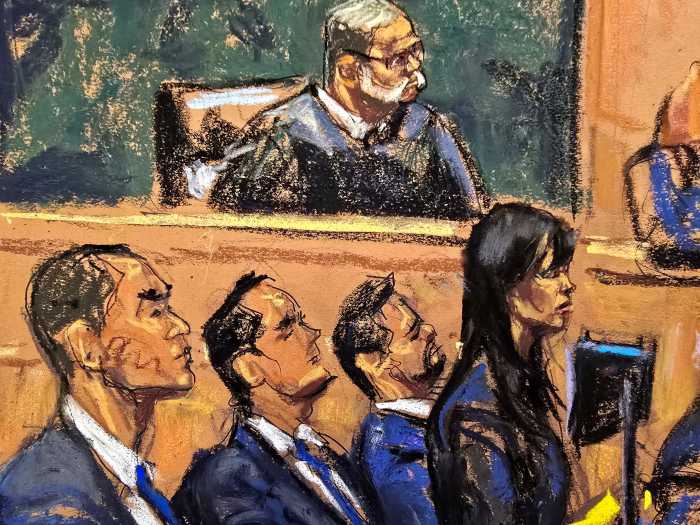“The Whistlers” escapes the grubbiness of the Romanian New Wave that emerged in the 2000s. It takes a classic film noir scenario, in which a corrupt cop gets involved with a femme fatale, and spins around old-fashioned fears about control to express something contemporary about surveillance. The title refers to El Silbo Gomero, a form of whistling that encodes Spanish down to sounds representing two vowels and four consonants. Director Corneliu Porumboiu’s anti-hero Cristi (Vlad Ivanov) learns it on the Canary Islands and uses it to conceal his true intentions in a world where he’s constantly being watched. His subterfuge is necessary because he’s trying to free a gangster while under the heel of prosecutor Magda (Radica Lazar), who presses him to plant cocaine on a man (which he refuses to do) and poison another man (to which he agrees).
The opening promises escape from Eastern Europe — to the tune of Iggy Pop’s “The Passenger,” in case we didn’t get the message — but it turns out to be a false dawn: “The Whistlers” draws on “Rear Window” to show the impossibility of escape from surveillance cameras. Cristi meets Gilda (Catrinel Marlon) at his hotel, but the entire space is being watched, even when they have sex. The narrative moves back and forth in time, piling up contradictions. It’s divided into chapters, each introduced by an intertitle and dominated by a different color scheme.
“The Whistlers” refers to the inherently voyeuristic nature of cinema as a visual medium. Last year, David Robert Mitchell’s “Under the Silver Lake” portrayed an amateur detective running through LA searching for clues to a conspiracy theory that ultimately pointed nowhere and showed his own glaring flaws. But some of the fans on the film’s subreddit became convinced that a scene showing fireworks contained Morse code with a hidden message to be deciphered and sounded too much like the character it was critiquing. “The Whistlers” makes no pretense of describing the conspiratorial mindset or containing any secret messages, but it gestures toward the ubiquity of surveillance. It uses this as the basis for a thriller, however, rather than having much to say about it. Whistling one’s true intentions in order to state them without being overheard by the wrong person simply becomes a plot point.
Early Romanian New Wave films leaned toward pessimistic reflections on specific aspects of that cou ntry’s life. “The Whistlers” comes closest to Porumboiu’s second film “Police, Adjective,” not least because Ivanov seems to play the same character later in life. But “Police, Adjective,” as one can tell from its title, also brought up similar questions of power and language. “The Whistlers” has a large enough budget to shoot in glamorous, bright international settings, with its finale taking place in Singapore. While most of it does take place in Romania, its characters no longer seem trapped by the country, as they did in the films he made there even well after the fall of communism.
“The Whistlers” piles up movie reference upon movie reference. It interpolates a TV clip from “The Searchers.” Gilda is named after Rita Hayworth’s classic film noir character. The omnipresence of cameras brings Fritz Lang’s “The 1000 Eyes of Dr. Mabuse” to mind. The Hotel Opera is designed to look like a noir still, complete with reflections from diagonal blinds and lush lighting. (Its desk clerk calls attention to the film’s heavy use of classical music within a scene set there.) Still, none of this is particularly deep.
Porumboiu’s work has always had a deadpan, comic brilliance and conceptual quality. (After all, he once made a documentary in which he filmed himself and his father watching a videotape of a football game and talking about it for 97 minutes.) His last film, the documentary “Infinite Football,” was oddly reminiscent of the TV show “Nathan For You.” In “The Whistlers,” he seems acutely self-conscious about working on a large canvas and aiming for a wide international audience for the first time. But the film might work better as entertainment if its narrative were easier to follow. One sometimes feels that its editing and structure are arbitrary, with Porumboiu veering out of control in his intentions. The first half hour holds out a great deal of promise that peters out by the end.
THE WHISTLERS | Directed by Corneliu Porumboiu | In English and Romanian, Spanish and the whistling language El Silbo Gomera with English subtitles | Magnolia Pictures | Opens Feb. 28 | Film Forum, 209 W. Houston St.; filmforum.org | Film at Lincoln Center, 144-165 W. 65th St.; filmlinc.org
















